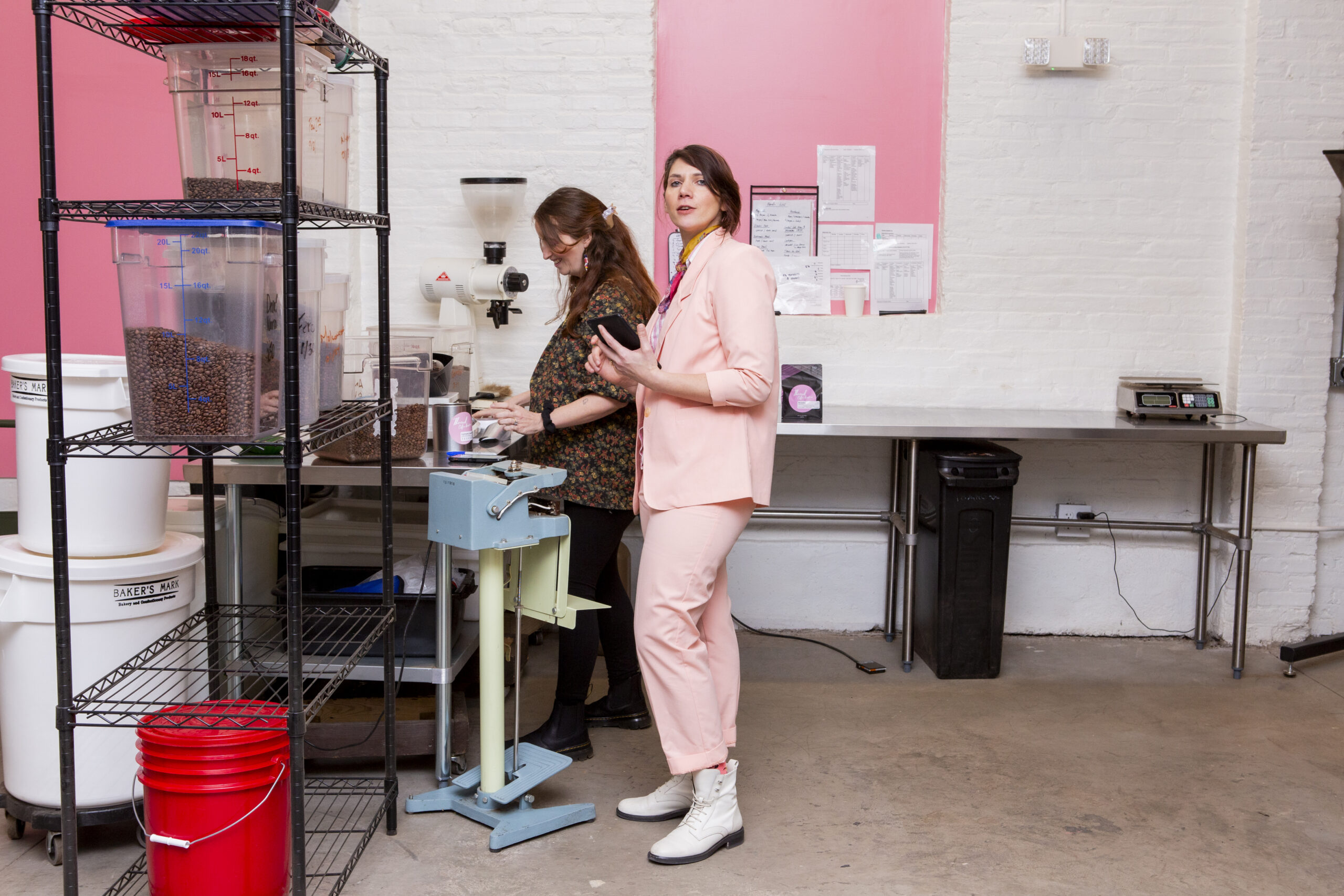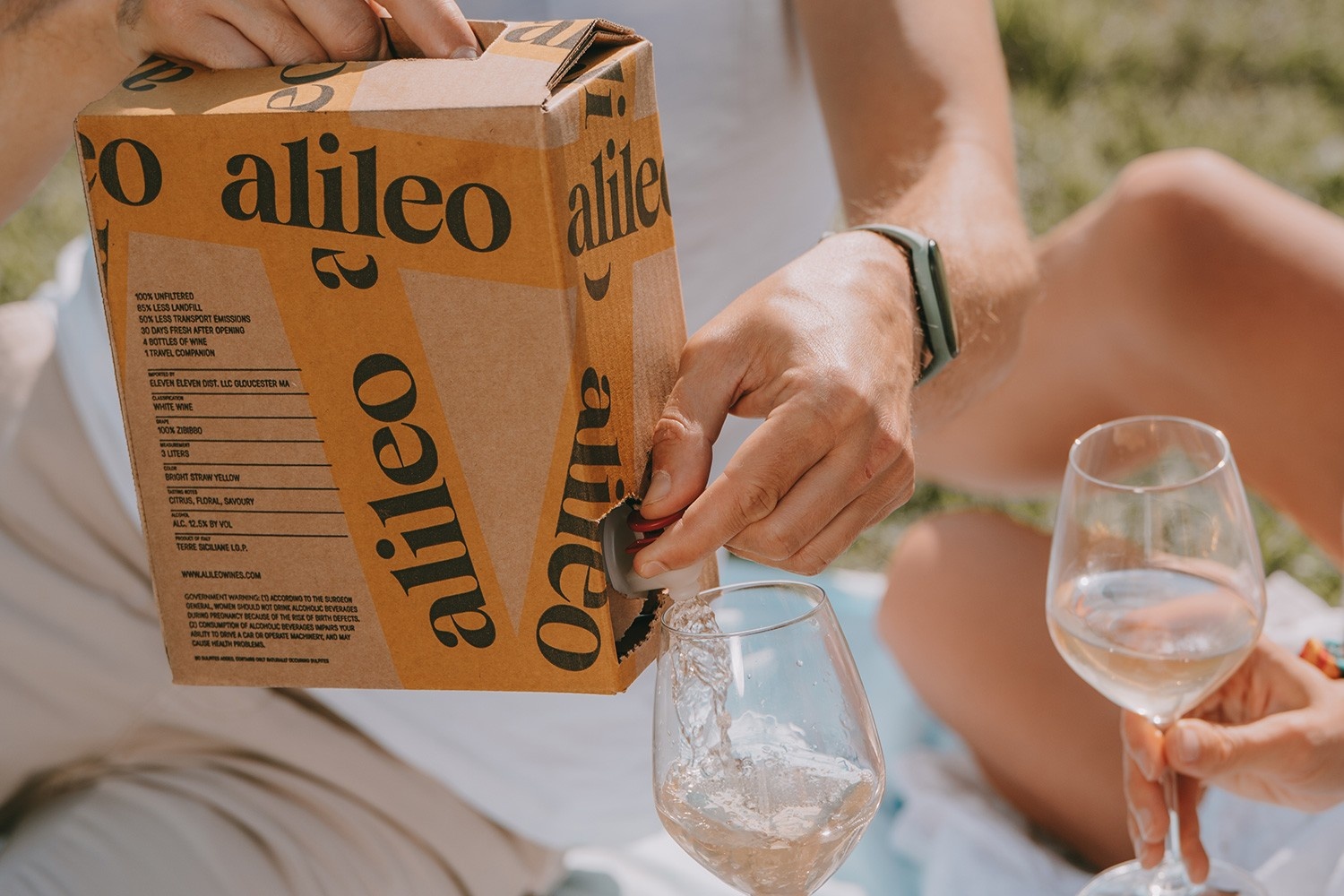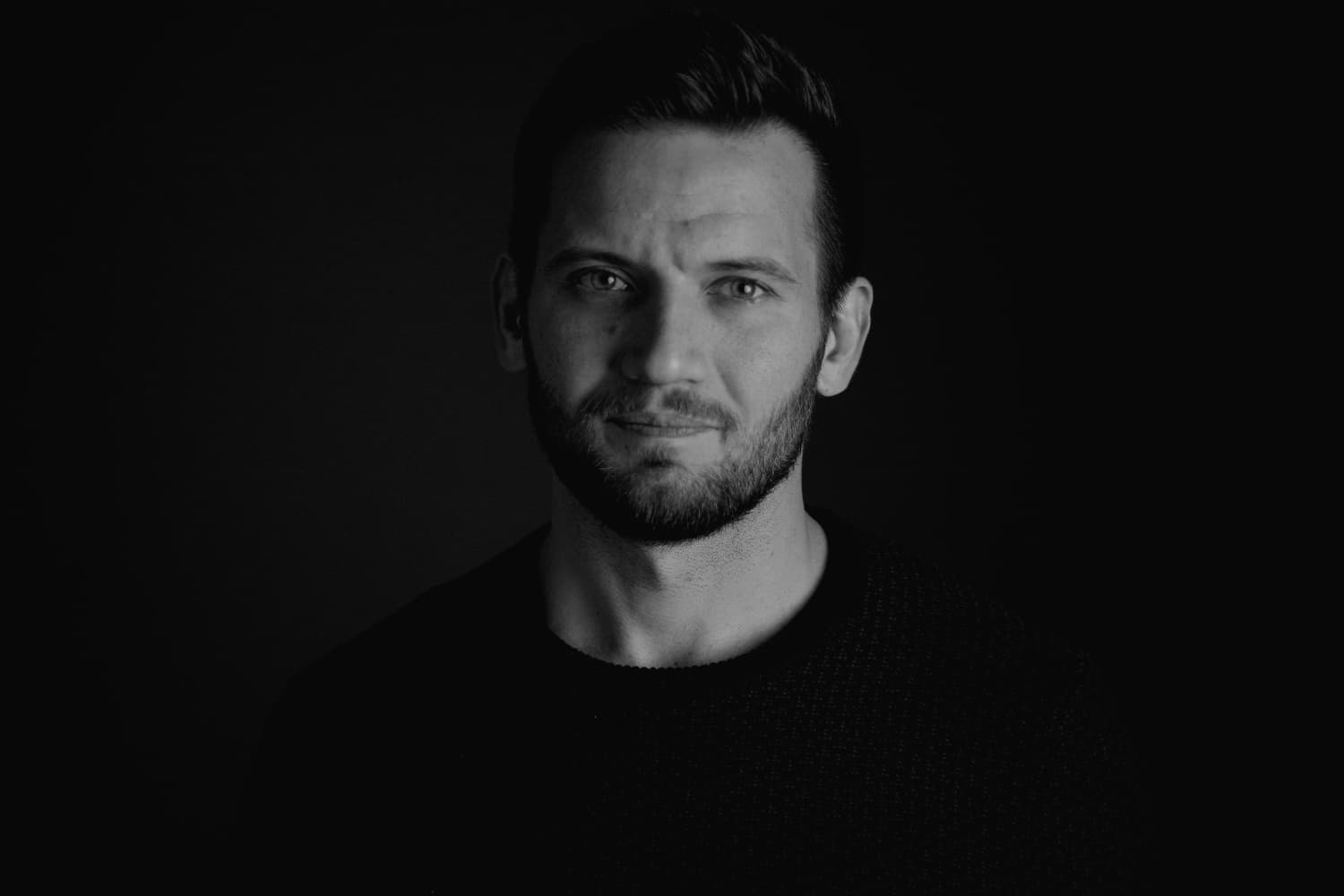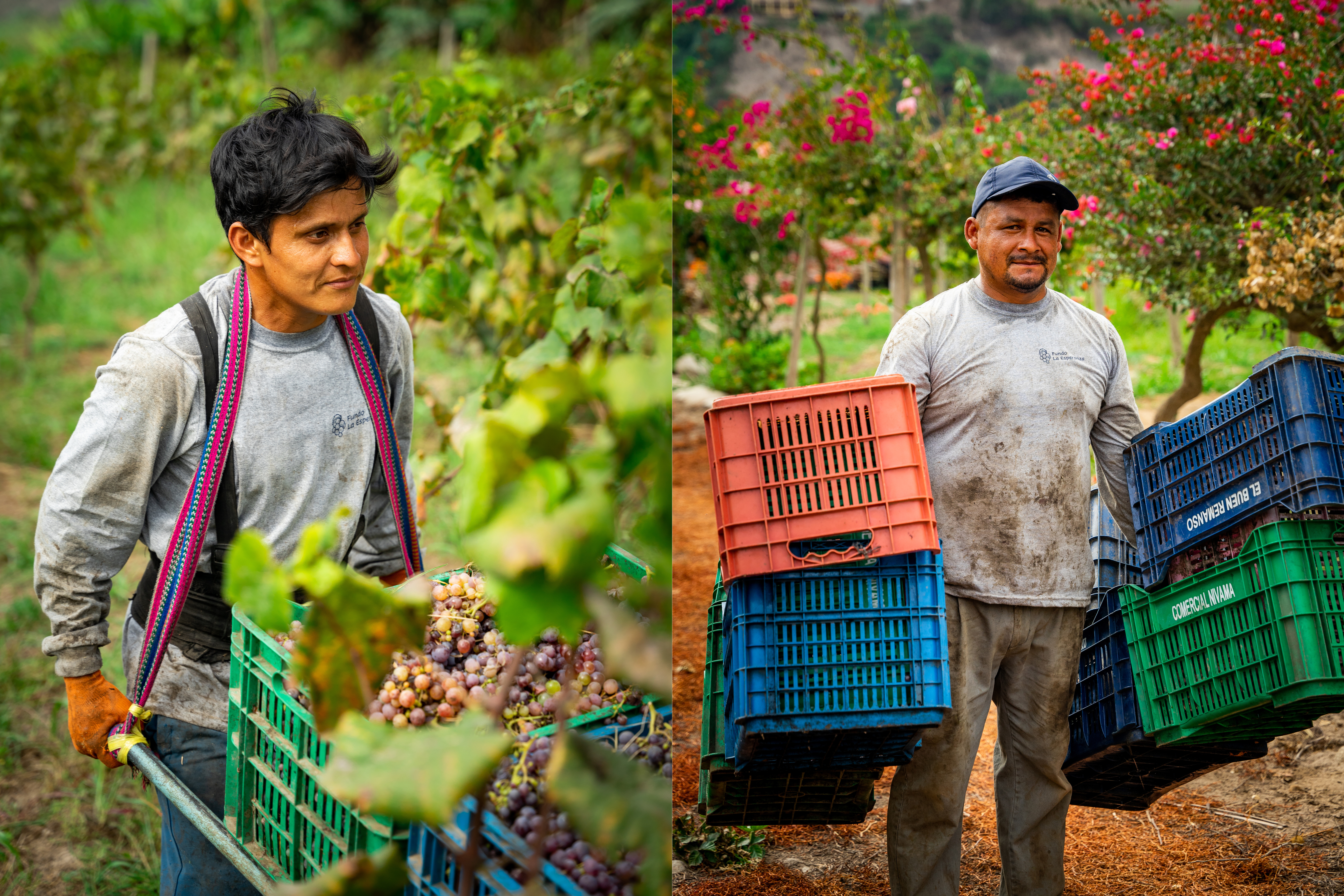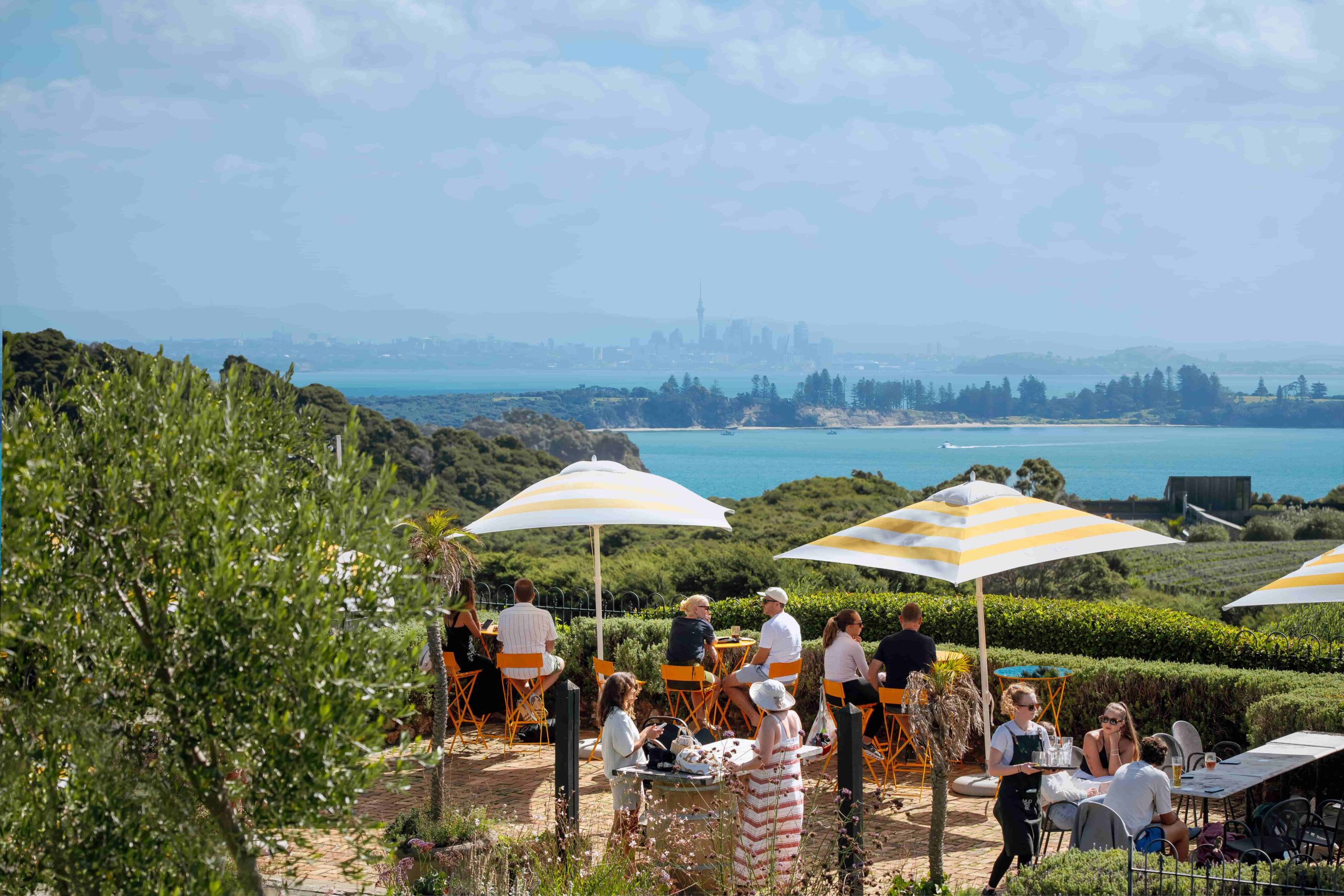“Women have traditionally made less money in the coffee industry than men. While representing as much as 70% of the low paid labor force in coffee growing regions, as recently as ten years ago, they accounted for less than 15% of coffee roastery ownership.”
The United States boasts over 3200 coffee roasters, however it’s the specialty coffee segment that has led the movement in sustainable business practices. Embedded in the specialty coffee model is an outlook that can naturally support eco- and community-minded business practices. Roasters seeking singular quality coffees typically reward farmers for better agricultural methods that ensure high standards. This spans labor-intensive, manual farming on a smaller scale that might incorporate organic and shade-grown practices. However, just because the business model better supports these practices, doesn’t mean all companies embrace them.
“There’s been more awareness of power imbalances in the industry and more efforts to uplift marginalized people. However, there is still a long way to go in terms of equity. We have seen more ‘transparency’ and claims of ‘sustainable’ sourcing, but those words can be used as a rhetorical shield for business-as-usual without real accountability,” says Holly Kent-Payne, head roaster and green buyer of Thread Coffee.
“B Corp and Fair Trade are great ways for consumers to vet a company’s commitment to ethical sourcing. We have also seen there is more diversity among roasters, and that helps to break down the gatekeeping of knowledge and opens career paths for a more diverse group,” she says.
To narrow the scope of this list, Azure Road’s editors selected five roasters that not only meet our North Stars, but have been industry leaders since inception.
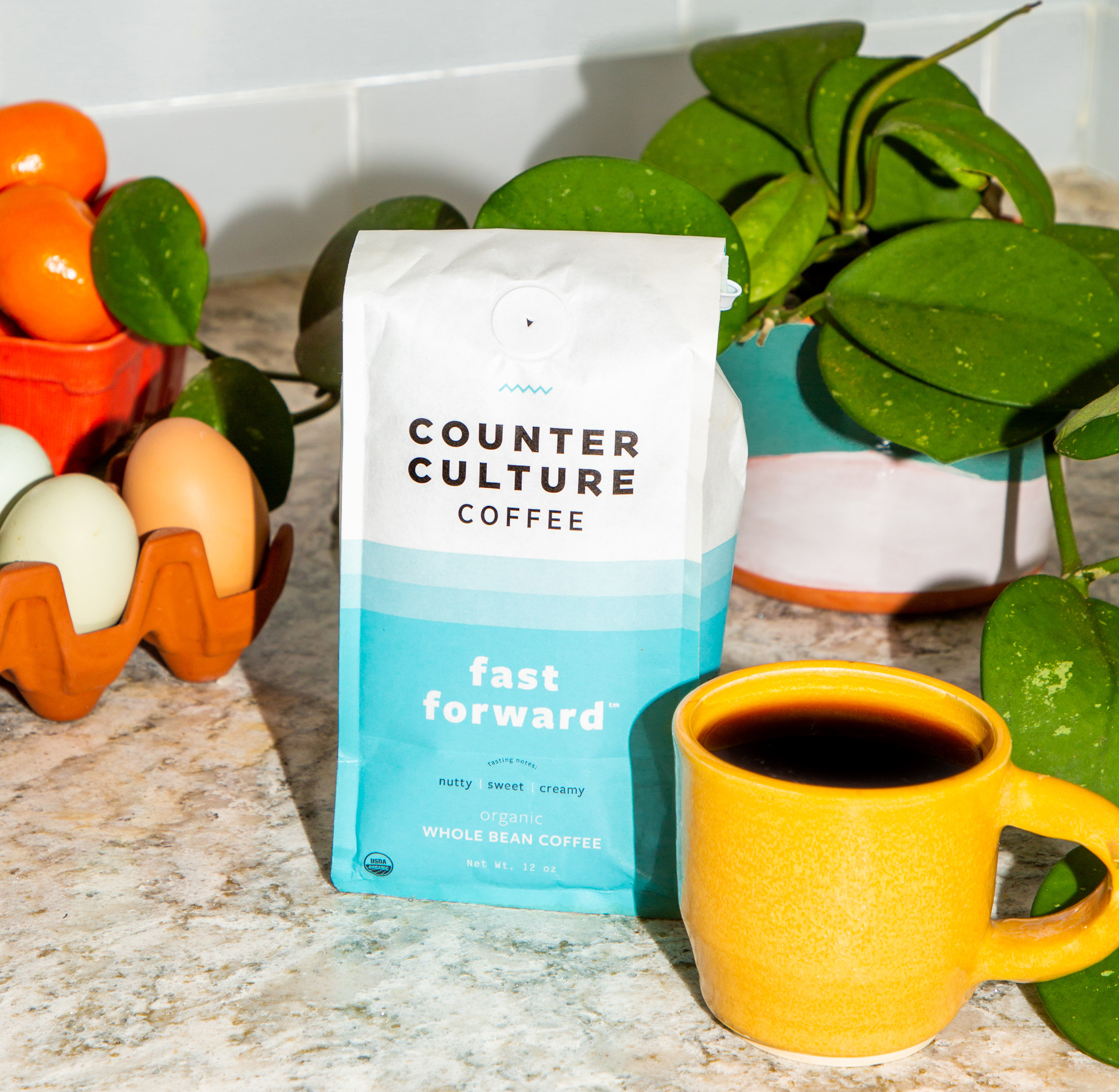
Courtesy of Counter Culture.
Counter Culture
You might have seen Counter Culture at your grocery or local cafe, but their nationwide training centers (soon to be a dozen), from Los Angeles to Boston, set them apart. The company offers free tastings to the public on Friday morning called “Tasting at 10.” The emphasis on education extends to live training, online courses, and a blog series. Counter Culture also publishes an industry-best annual transparency report that highlights its commitment to sustainable practices across coffee’s extended, multi-region journey, from plant to cup. The end result can be tried through one of the broadest coffee subscription services in the industry with over a couple dozen choices.
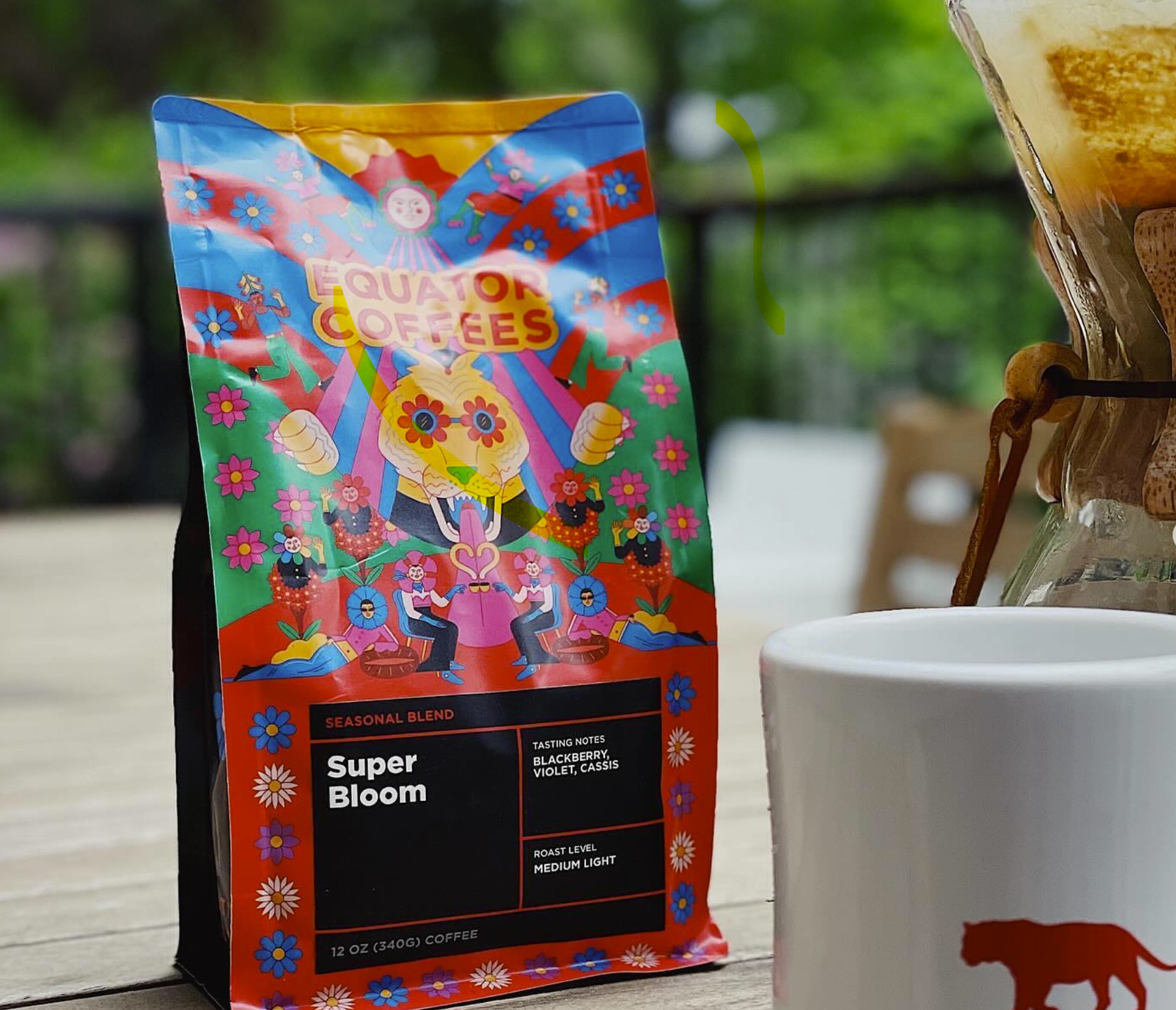
Courtesy of Equator Coffees.
Women have traditionally made less money in the coffee industry than men. While representing as much as 70% of the low paid labor force in coffee growing regions, as recently as ten years ago, they accounted for less than 15% of coffee roastery ownership. Today, 1 in 4 coffee roasteries are helmed by women, thanks to trendsetters like Equator Coffees whose co-founders Helen Russell and Brooke Mcdonnell launched in 1995. The company has expanded across California to count 12 cafes, while becoming a Certified B Corporation in the meantime. They’ve also been named National Small Business of the Year by the Small Business Association, founded a coffee farm in Panama recognized for its quality, and received SHEowns business certification.
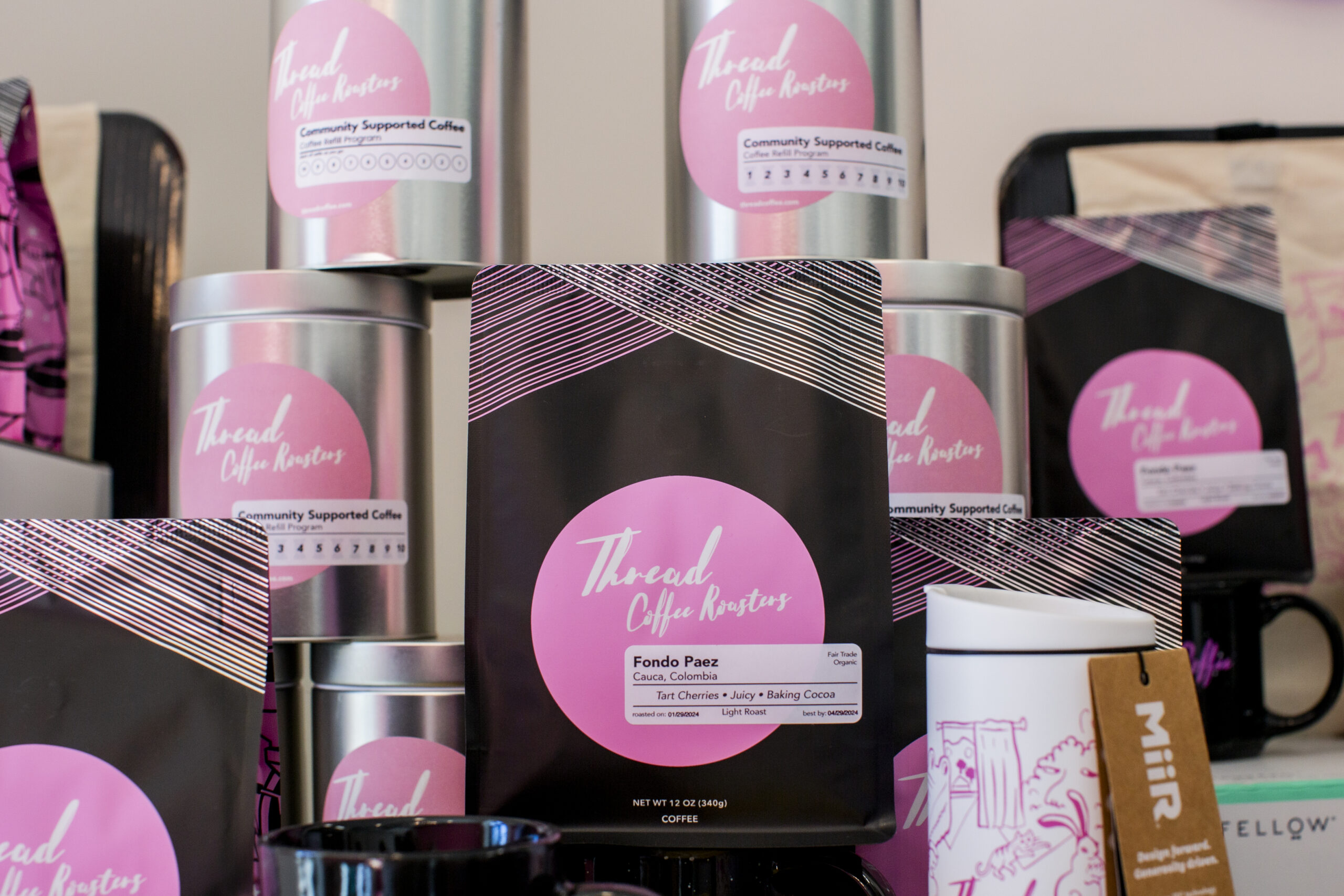
Courtesy of Thread Coffee.
Thread Coffee
Baltimore-based Thread Coffee was started by women who viewed their business as a way to champion better gender balance across the entire value chain of the coffee industry. They’ve embraced marked transparency, exemplified by their co-op business model, and issue an annual impact report which highlights their progress towards environmental, community, and workplace goals.Their most prominent goal sees Thread Coffee achieving Net Zero by 2025. For coffee lovers outside of Baltimore, the company offers a well-rounded subscription service which includes single origins, blends, decaf, a variety of roast levels, as well as cold brew.
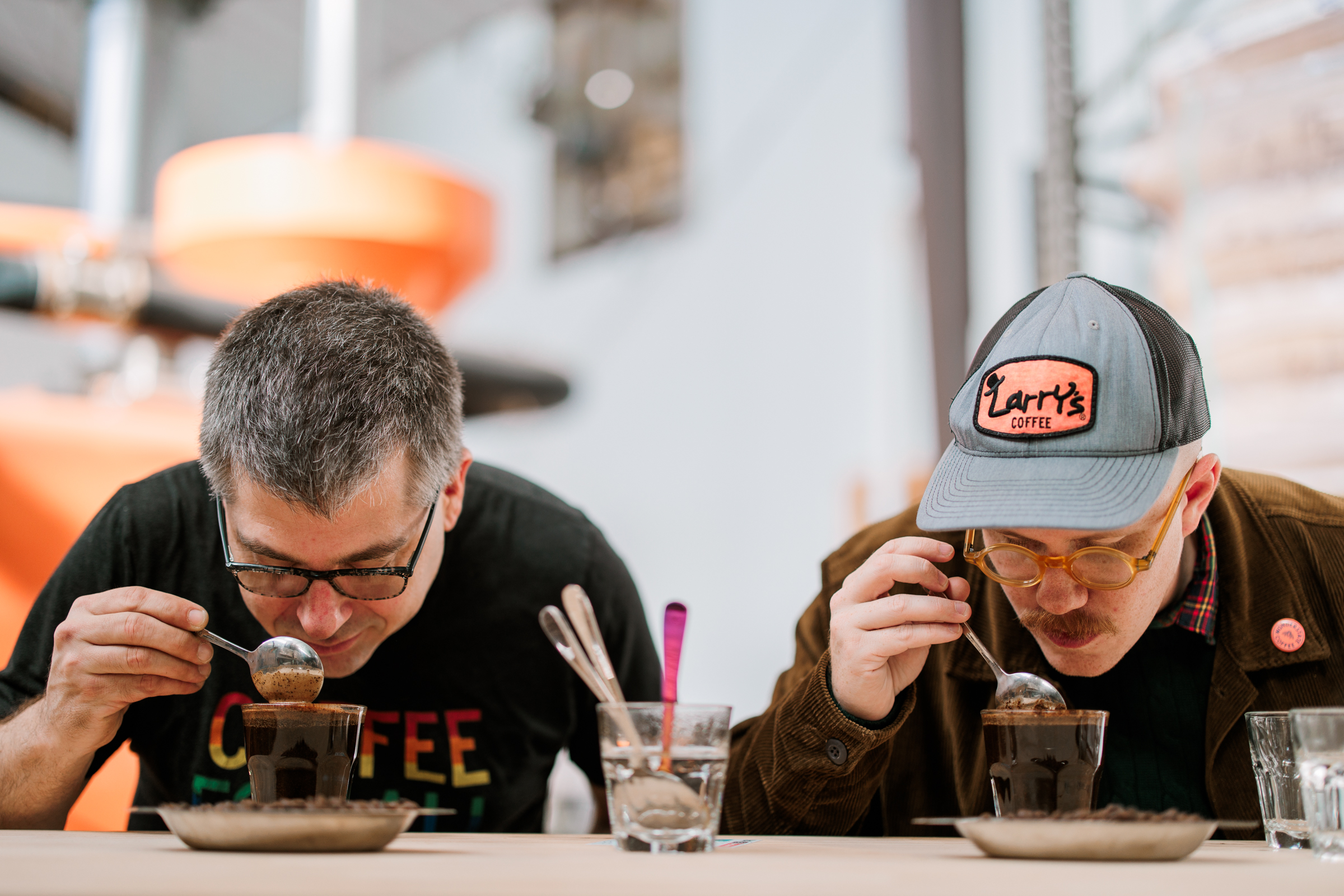
Courtesy of Larry's Coffee.
Your Larry’s Coffee has been doing business in Raleigh, N.C. for three decades, and may run the most sustainable facilities in the industry. They utilize rainwater, biofuel, wind, and solar power towards water and energy management. Their operations, however, are merely a reflection of their entire business and philosophy, which includes a commitment to sustainable agriculture, sourcing regularly from farms as small as a few acres, and pushing the boundaries on the concept of fair trade and packaging. Founder Larry Larson includes in his mission statement, “do what we can to make the world better at the same time.” His company is a founding member of Cooperative Coffees, a group of independent roasters in the US which import directly from farmers. Their website offers a wide assortment of gear, merchandise, and coffee beans, including nitro-infused coffee cans and recyclable k-cups, as well as a no-commitment subscription service.
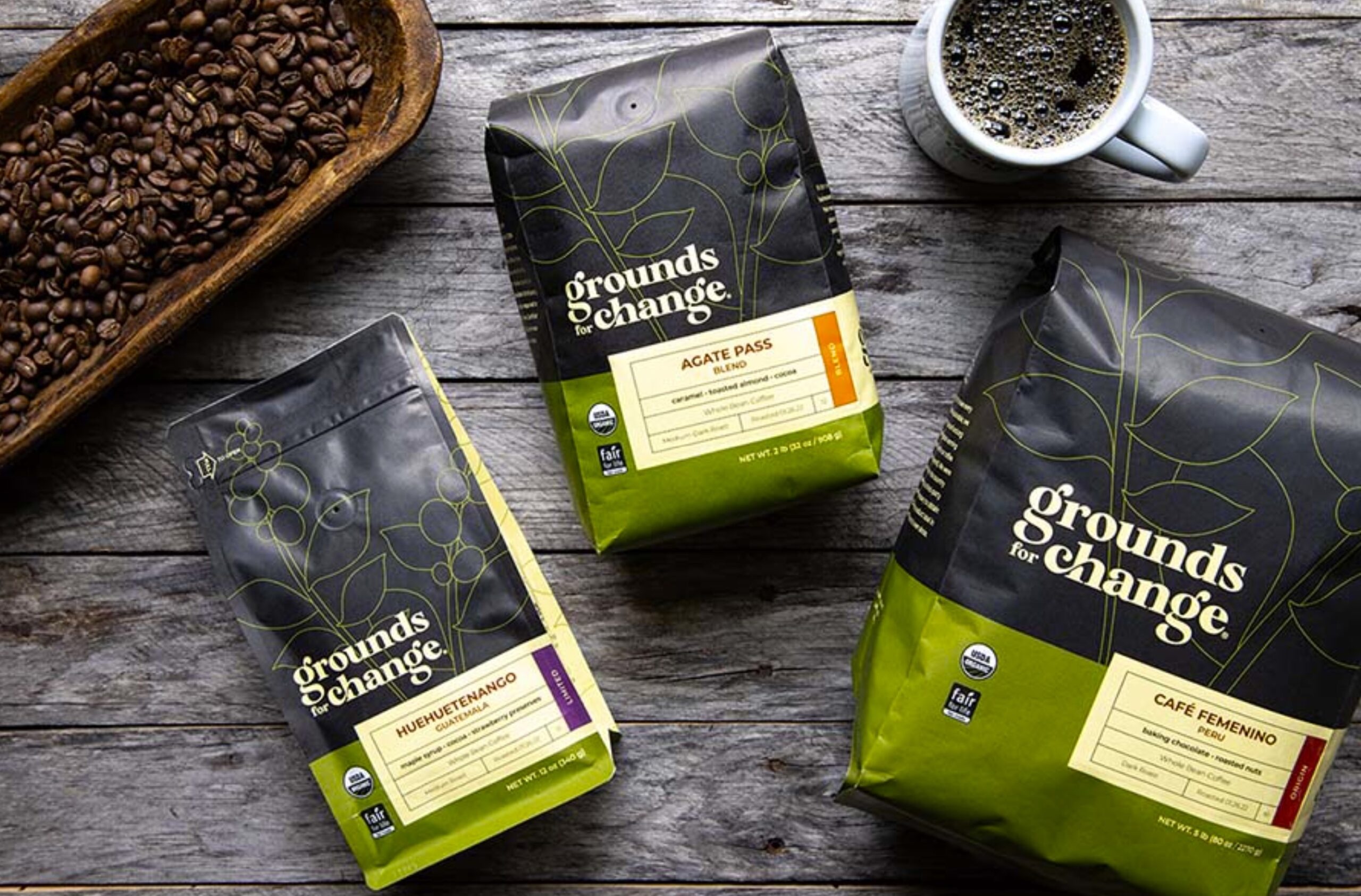
Courtesy of Grounds for Change.
Grounds for Change
Grounds for Change stands as Seattle’s foremost coffee roaster pursuing the triple-bottom line (people, planet, profit). They’re also B-Corporation certified, a member of 1% for the Planet, and support Café Feminino, a movement to advance female coffee producers by showcasing their offerings. While their primary business model focuses on wholesale to independent cafes, home brewers can sample their beans through the Coffee of the Month Club that features a rotation of single origin beans.
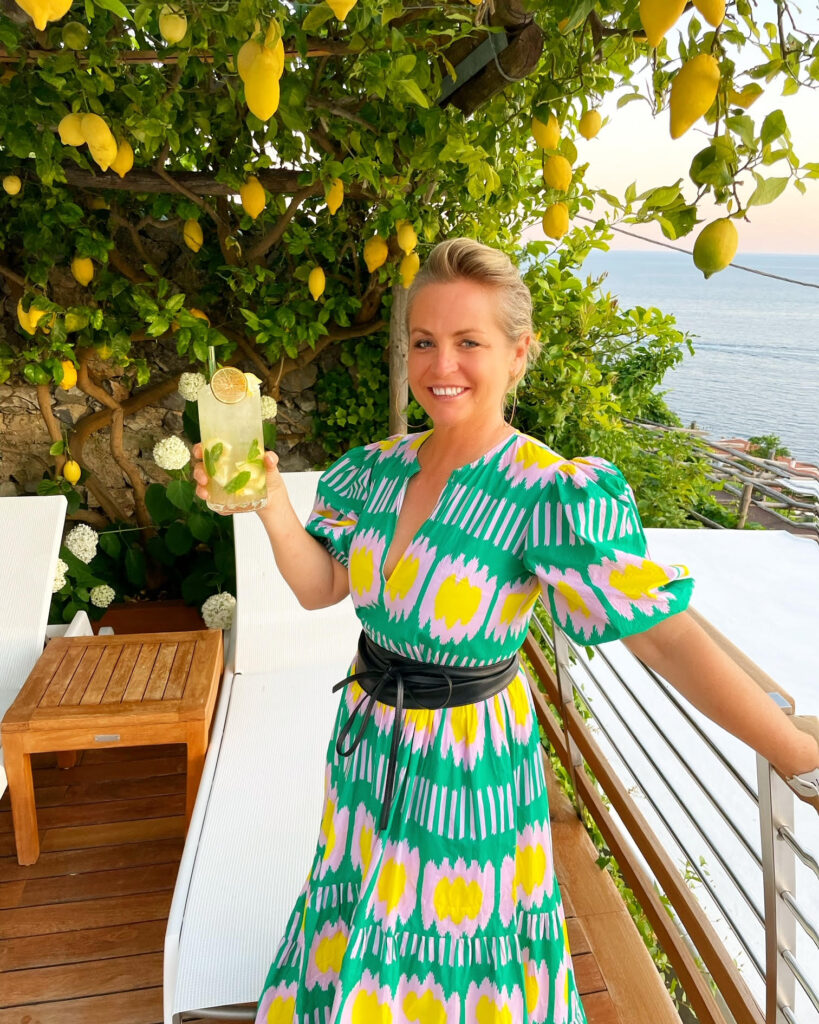
Founder and CEO of Azure Road, Lauren Mowery is a longtime wine, food, and travel writer. Mowery continues to serve on Decanter Magazine’s 12-strong US editorial team. Prior to joining Decanter, she spent five years as the travel editor at Wine Enthusiast. Mowery has earned accolades for her writing and photography, having contributed travel, drinks, food, and sustainability content to publications like Food & Wine, Forbes, Afar, The Independent, Saveur, Hemispheres, U.S. News & World Report, SCUBA Diving, Plate, Chef & Restaurant, Hotels Above Par, AAA, Fodors.com, Lonely Planet, USA Today, Men’s Journal, and Time Out, among others.
Pursuing her Master of Wine certification, she has also been a regular wine and spirits writer for Tasting Panel, Somm Journal, VinePair, Punch, and SevenFifty Daily. Mowery is a graduate of the University of Virginia and Fordham Law School, and she completed two wine harvests in South Africa.
Follow her on Instagram @AzureRoad and TikTok @AzureRoad


